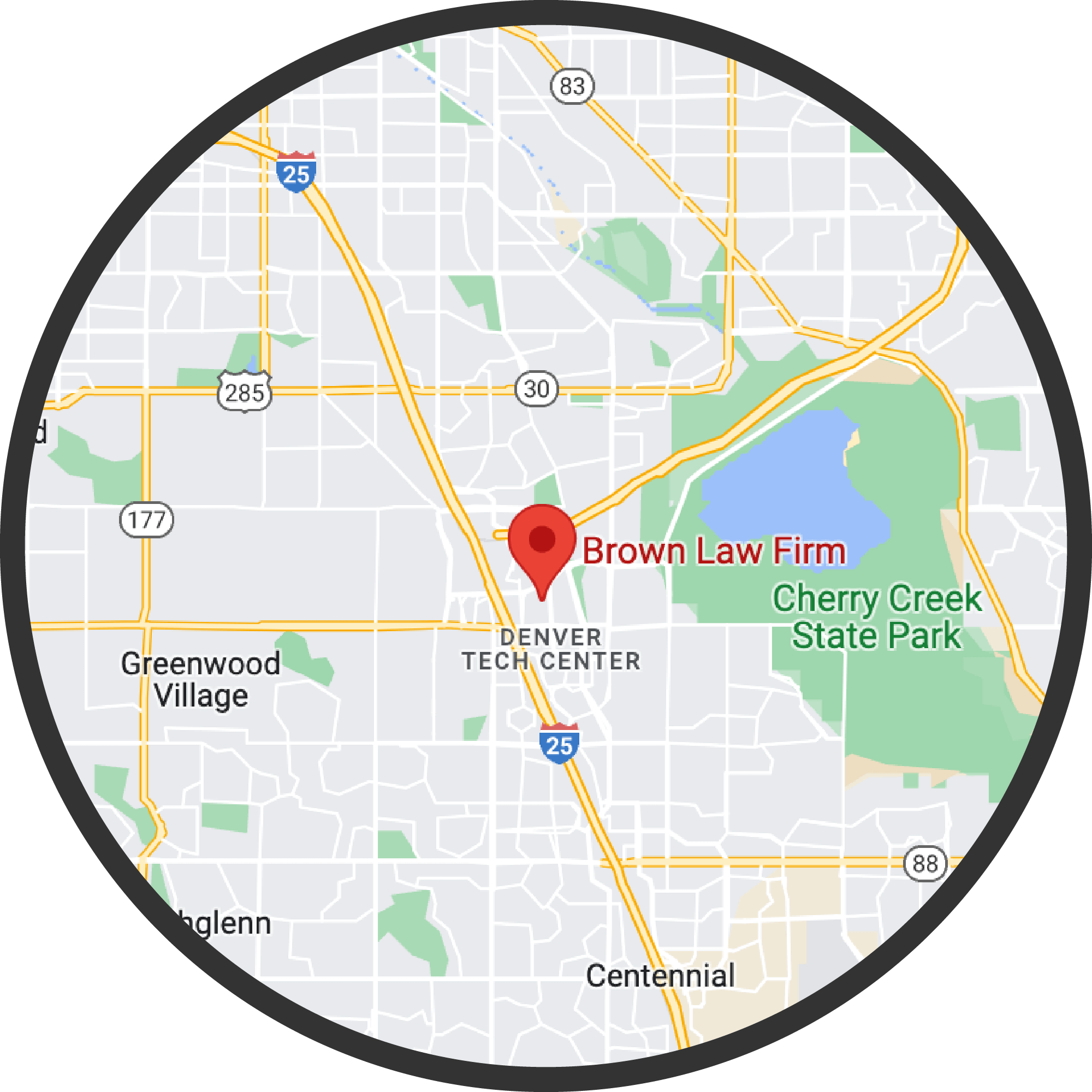Communication – honest communication – is one of the most important aspects of marriage. Talking openly about your feelings, expectations and struggles can help avoid misunderstandings, build trust and garner respect. This communication can also extend to planning for what will happen if the marriage ends due to divorce or the death of a spouse. For these very reasons, many couples choose to enter into marital agreements, also called pre-marital agreements, prenuptial agreements or prenups, and post-marital agreements, also known as postnuptial agreements, or postnups.
- Premarital agreement: a legal document that is entered into prior to marriage
- Postmarital agreement: a legal document that is entered into after marriage
Although it may feel uncomfortable to discuss these issues and engage in negotiations surrounding a marital agreement, it is often better to discuss these matters while the couple’s relationship is good. Every marriage will end, either due to the death of one of spouses or divorce. Discussing what will happen in the event of death or divorce can give the couple peace of mind that their assets will be distributed in the manner in which they mutually agree, before a conflict between the spouses occurs or one spouse passes away.
What Makes a Marital Agreement Valid in Colorado?
Generally, in order for a marital agreement to be considered valid and legally-binding, it must be:
- A written document
- Signed by both parties
- Voluntarily entered into by both parties
- Adequately disclosing each party’s financial information
In addition, best practice is for each member of the couple to be represented by a separate attorney.
What does a Marital Agreement contain?
A marital agreement can cover a wide variety of issues, such as identifying and outlining:
- How each spouse’s separate property and debts will be divided in the event of death or divorce
- How the couple’s marital property and debts will be divided in the event of death or divorce
- How the couple agrees to allow for maintenance or waive maintenance (also known as alimony) in the event of divorce
- How the couple agrees to allow for statutory rights or waive statutory rights (elective share, exempt property or family allowance) in the estate of the first to die
- How any inheritance that either spouse receives during the marriage will be handled in the event of death or divorce
A Colorado marital agreement may minimize the risk of litigation if the marriage ends in divorce or when one spouse passes away, but it is important that the agreement is properly drafted and complies with Colorado law. The laws surrounding marital agreements in Colorado can be complicated, so it is highly recommended that you enlist the help of a lawyer.
If you are interested in learning more about marital agreements in Colorado, contact our expert team at Brown Law Firm to start the conversation.
